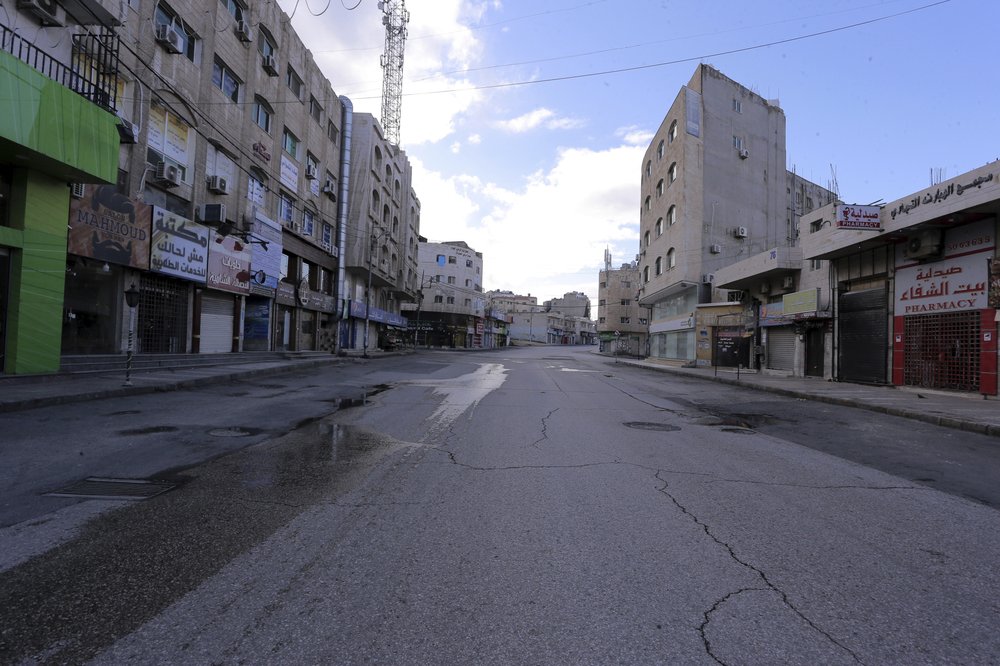Capitalising on the successful curfew
Aprile 20, 2020

Amer Al Sabaileh
Director of Security Languages - Senior political and security analyst
From the moment the curfew was imposed in Jordan to suppress the spread of COVID-19, the Jordanian Army and Public Security Department (PSD) have demonstrated the utmost professionalism and exceptional effort to cope with the crisis. However, this is not a short-term measure and is a highly complex situation with impacts on every detail of life in Jordan. The continued success of the Jordanian Army in this mission is, therefore, critical, and requires unconventional thinking and exceptional vision to move the country from shock to absorbing the impact and implementing proactive and sustainable solutions. With the massive shifts in the global landscape, it is critical to manage the economic and social aftershocks.
Jordan’s societal composition is similar to its neighbours in Egypt, Lebanon, Syria and Iraq, where many live without large industries to rely on for economic gains. Most are in small business and smaller organisations that are not able to sustain during a shutdown, as they do not have the large coffers to use as a buffer, let alone support their workers and, therefore, the economy.
The military’s efforts hence must balance managing the pandemic while ensuring the stabilisation of the society. People need to feel that the risk to their livelihoods is not greater than the risk of being infected. Without that balance finely managed, policing the curfews and lockdowns will become increasingly difficult, as people weigh up the threat of sickness with the threat of starvation and severe boredom. The effectiveness of the curfew, therefore, may fall as it continues and the pressure on the most vulnerable people increases.
The global scale of the crisis means that countries must implement local and national solutions in order to manage individual political and economic repercussions. So, Jordan needs a Jordanian vision and solution, not just borrow a model applied in other countries. The security institutions need to be supported in their efforts by a Jordanian body that can present, manage and implement a national plan that accommodates the scale of economic and social repercussions across all the elements of public life and across the private sector.
It is very important not just to implement a rapid or gradual reopening strategy, but also to manage the process so that each industry, particularly food security, maintains its ability to service the people. The next steps must manage the economic, security and social elements based on a model specific to Jordan, with a rapid transformation in the pattern of production and consumption. We need national action that builds self-reliance and reshapes Jordan’s relations with its surroundings in a way that does not involve waiting for aid from friends.
It is important to develop a new national narrative. This requires more charismatic people and rhetoric capable of raising the sense of responsibility among people and prepares them to willingly face difficulties as a national duty.
What's Your Reaction?
Excited
0
Happy
0
In Love
0
Not Sure
0
Silly
0
Amer Al Sabaileh
Director of Security Languages - Senior political and security analyst

